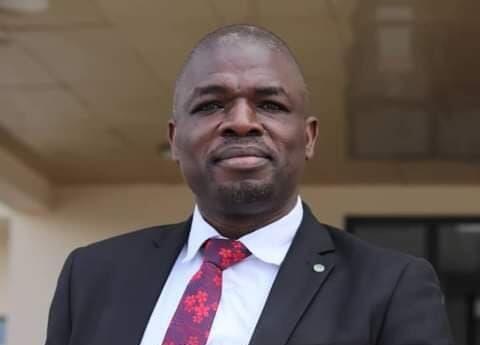
The National Registration Bureau (NRB) says it has this week commenced the second phase of national identity card (ID) outreach and community death registration exercises in four districts.
This is according to a press statement from the Ministry of Homeland Security through NRB dated Thursday August 17, 2023, signed by Mak Sambo who is the bureau’s Principal Secretary.
NRB in the statement says the second phase of the exercise has commenced on Monday 21 August, 2023 in four districts of Karonga, Salima, Machinga and Thyolo.
The bureau says the national ID outreach registration exercise is aimed at offering an opportunity to citizens who have just turned 16 years to register for their first ID card.
NRB further indicates that the exercise will also give a chance to those who voluntarily want to replace their national ID cards for various reasons.
On the other hand, the community death registration exercise intends to register all deaths that occurred from 2017 to date and the death records which will be captured will be used to flag out or mark deceased people in the national ID database.
“The National Registration Bureau (NRB) would like to inform the general public that it is continuing to implement the national identity card (ID) outreach and community death registration exercises across the country. The second phase of the exercise will commence on 21st August 2023 and will run for 15 days up to 4th September 2023 in the four districts of Karonga, Salima, Machinga and Thyolo.
“NRB further informs the general public that the two exercises are being implemented concurrently in a phased approach. NRB shall announce the districts and dates of the next phases prior to commencement of registration,” reads part of NRB statement.
It is reported that during the exercise, NRB will place teams of registration officers at selected centres in every ward and says for lost IDs, citizens will also be required to bring a police report as proof of property loss.
NRB further states that in case of citizens registering for a new ID, they will be required to provide evidence of citizenship in form of one parent or two community witnesses that have national IDs, and any other supporting documentation that serve as proof of citizenship.
On the other hand, people doing death registration of their loved ones, are required to bring either national ID or national ID number of the deceased person (for all adult deaths).
The bureau has emphasized that in this exercise, both national IDs and death registration are free.














